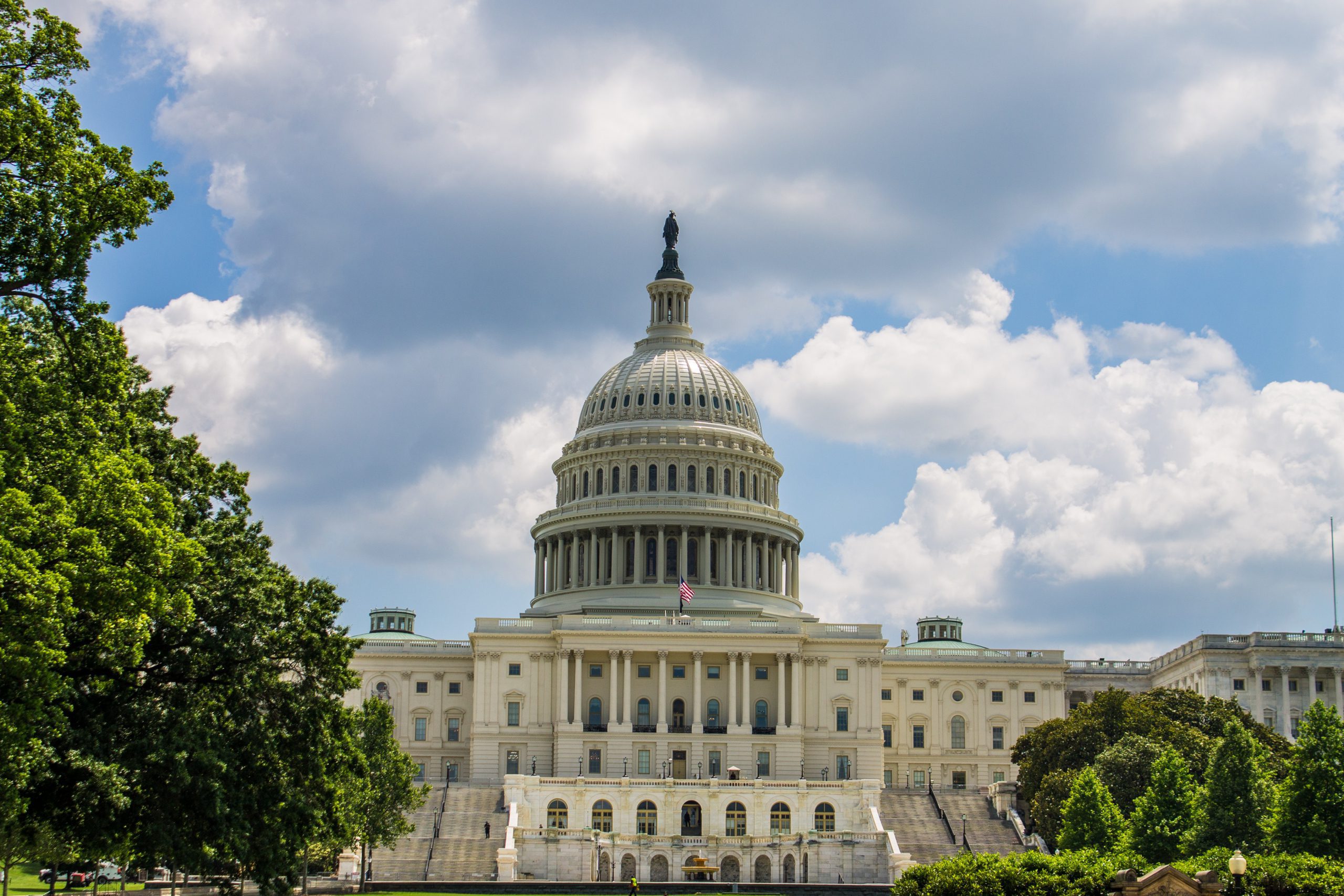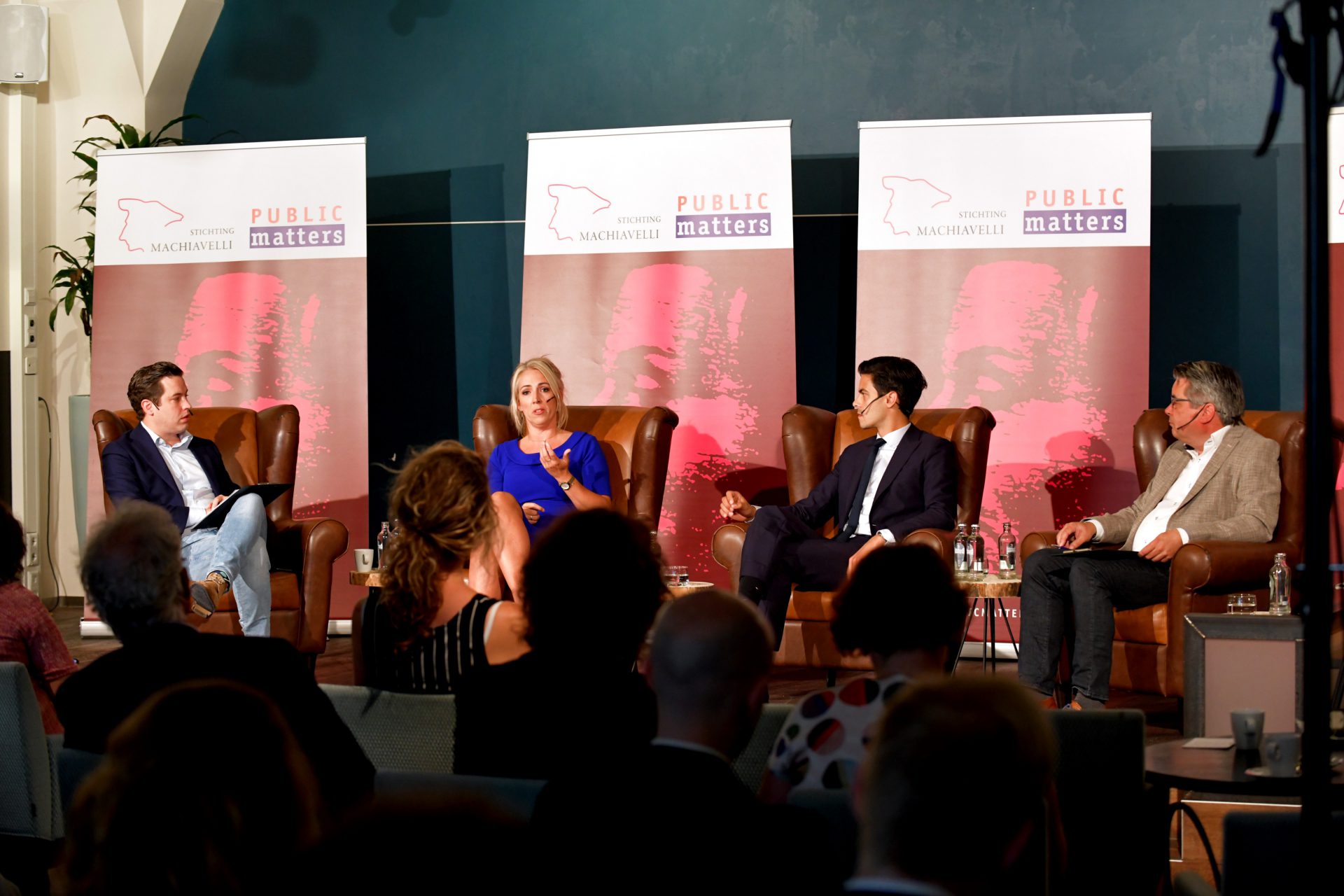In a month’s time, on 9 July, the G20 summit will take place in Venice, where among other things the world’s major economies will discuss a global upgrade of tax rules, with one sector in particular in mind: the tech sector.
In the summer of 2020, EU Member States saw that the economies within the European Single Market would be facing a very difficult time. The COVID pandemic significantly reduced earning capacity, making a comprehensive European recovery plan necessary. To generate the financial resources for this, the Member States decided to call on the European Commission to come up with a plan for a ‘digital levy’. Almost a year later, on 14 July, the Commission intends to publish a proposal: a levy on digital services, which will serve to help getting the Europe’s economies back on their feet. This is a big ambition coming from the Council and the Commission, but how realistic is it? What will such a levy look like, which companies and services will be affected, and how does it relate to the ongoing G20/OECD negotiations that should come to a climax in early July?
Scan
As for the exact form of the levy, the Commission is keeping its cards close to its chest. Directorate General TAXUD – responsible for direct taxation – is currently working with preparatory consultations and impact studies. The latest plans show that the Commission is exploring three options:
- an increase in the corporate tax rate for all companies carrying out certain digital activities in the EU;
- a tax on revenues from certain digital activities in the EU
- and/or a tax on digital transactions between companies within the EU.
The first option thus focuses on companies themselves, as regards to the the second it is not clear which digital activities are involved, and the last option would come close to a so-called ‘digital services tax’ (‘DST’): a tax on digital services similar to the ones levied at national level in e.g. France, Italy and Spain.
Judging from the many position papers submitted on this subject, the current patchwork of national variants of a DST is criticised by most companies. Besides the administrative burden, national DSTs still pose the threat of trade tensions (e.g. retaliatory import tariffs from the US). European harmonisation of such taxes can replace the patchwork. However, the majority of the business community would prefer the Commission to abandon its own initiative and focus entirely on a global solution. A European levy is seen as an extra tax anyway, and smaller tech companies fear that the big tech players will pass a European digital levy on to them.
A solution at a global level? The plans for this have been under negotiation at the OECD (Organisation for Economic Cooperation and Development) for some time.
What will the OECD do?
In a nutshell, the OECD has a plan with two pillars. Pillar 1 consists of new rules on where to pay tax and a fundamentally new way of sharing tax rights between countries. The goal is ‘that digitally-oriented and consumer-focused multinationals pay tax where they operate sustainably and significantly, even if they don’t have a physical presence in a country.’ In other words, even if a tech company does not have a physical presence in a country, it should pay tax in the country where consumers (e.g. app users) are located. The second pillar provides for the introduction of a global minimum tax. The first pillar really addresses the big tech companies: the new method allows governments to also tax the sale/trade of data (e.g. from consumers).
The OECD negotiations have been going on for years, but there is light at the end of the tunnel. Since January, the Biden administration, through Janet Yellen, US treasury, has been hinting time and again that the US is willing to abandon Trump’s hard line on this issue. The price Europe might pay for this is a deal that it not only taxes the Silicon Valley giants but also European ‘champions’ like Volkswagen.
A preliminary agreement was already reached at the G7 in early June. The focus of the first pillar should be on large multinationals with a profit margin of 10 per cent or more. Those companies would have to pay tax on 20 per cent of the profits they make above the 10 per cent threshold in the countries where they generate the income. This proposal would replace the OECD scope that included only “automated digital services” and “consumer facing businesses” as mentioned above. The thresholds for determining businesses that are the largest and most profitable are not clear yet. The second pillar is the 15 per cent corporate tax rate.
The G20 summit in July must agree to the plans. Countries such as India and China must also agree to the plans. The European Commission said in January that its initiative should not interfere with the G20/OECD negotiations. Benjamin Angel, director of direct taxation at DG TAXUD, stressed that the Commission’s proposal has a “different narrative” from the OECD negotiations, and the Commission maintains that a tax can be designed to be compatible with any outcome of the OECD negotiations.
So a European tax would have to run parallel to the OECD outcome, and see what happens if it is up to the Commission. The Berlaymont sees a window of opportunity….
Momentum
The European Parliament is also feeling momentum. An earlier Commission proposal in 2018 was shot down by member states in the Council, to the dismay of an increasingly ambitious Parliament. The need for economic recovery, as well as an increasingly vocal call to crack down on tax havens, gives the Parliament the necessary leeway to push its agenda. The Parliamentary Committee on Fiscal Affairs (FISC), established in 2020 and led by MEP Paul Tang (PvdA/S&D), also took a position on a possible digital tax last April. Rapporteurs Andreas Schwab (CDU/EPP, and also rapporteur for the Digital Markets Act) and Martin Hlavácek (Czech Republic/Renew) wrote in this position that if there is no G20/OECD agreement’, the EU should indeed take the initiative itself. MEP Tang went even further by stating that ‘if not a European digital tax, it should be a variety of national digital taxes. This is the way to put pressure on the international negotiation”.
The theme is also gaining attention in The Hague. Before the general election, the House of Representatives adopted the motion by MP Paternotte, which called on the government to work on a digital services tax at the European level. The election programmes of GroenLinks and PvdA even expressed the wish to introduce a national DST for the Netherlands. For the time being, there is no majority for this.
Consequences
The characteristics and preconditions of a digital tax are institutional food for thought for EU junkies: the competence for taxation lies entirely with the Member States themselves – not in Brussels. Any proposal on taxation would therefore requir a unanimous vote in the Council, and it is still unclear whether countries such as Ireland and Luxembourg – which is home to many tech giants with tax breaks – will agree.
The consequences of any European levy will have a significant impact on companies in the tech sector, which are, almost without exception, international players. Regardless of the outcome of the G20, policymakers in Brussels, The Hague and other European capitals will be gearing up for tough political and technical negotiations, and it will become increasingly important for many companies to make themselves heard.
Public Matters advises companies and other organisations that are active in the tech sector, or which are indirectly / directly impacted by a digital tax. Please visit this page for more information.
Photo by panumas nikhomkhai via Pexels











